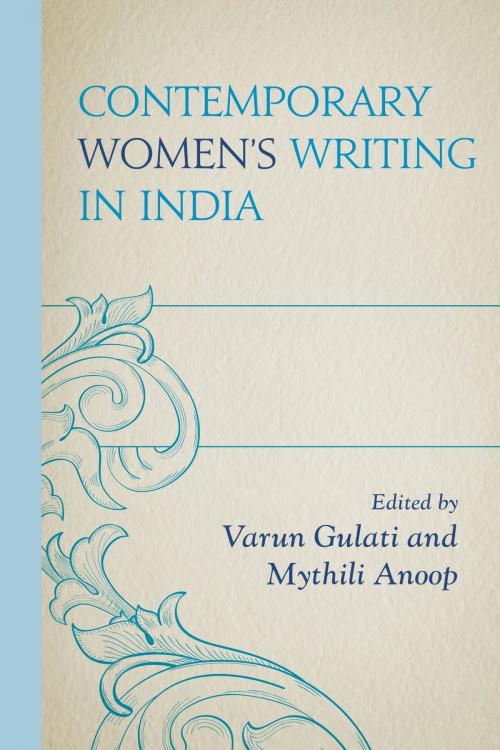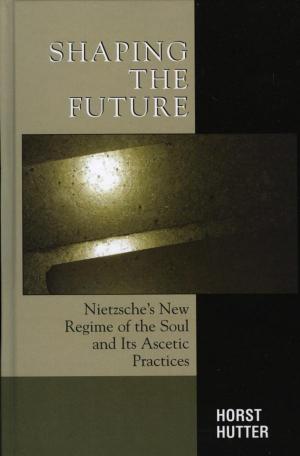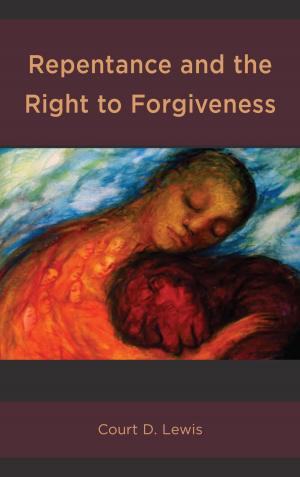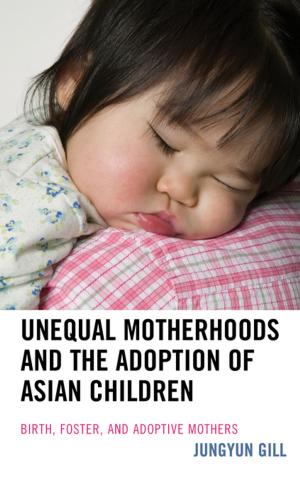Contemporary Women’s Writing in India
Fiction & Literature, Literary Theory & Criticism, Asian, South & Southeast Asian, Feminist Criticism, Women Authors| Author: | Mudita Agnihotri, Rachel Bari, Sutapa Biswas, Mukuta Borah, Paul Boyce, Pramod Kumar Das, Neetu Devi, Anju Jagpal, Narayan Jena, Shyamkiran Kaur, Shashikantha Koudur, Bhavesh Kumar, Anand Mahanand, Ambika G. Mallya, Gauri Mandapaka, Poonam Pahuja, Sarannya Pillai, Etienne Rassendren, Meenakshi Saini, Kaustavi Sarkar, Rajinder Kumar Sen, Ashutosh Singh, Anjali Verma, Shalini Vohra | ISBN: | 9781498502115 |
| Publisher: | Lexington Books | Publication: | December 24, 2014 |
| Imprint: | Lexington Books | Language: | English |
| Author: | Mudita Agnihotri, Rachel Bari, Sutapa Biswas, Mukuta Borah, Paul Boyce, Pramod Kumar Das, Neetu Devi, Anju Jagpal, Narayan Jena, Shyamkiran Kaur, Shashikantha Koudur, Bhavesh Kumar, Anand Mahanand, Ambika G. Mallya, Gauri Mandapaka, Poonam Pahuja, Sarannya Pillai, Etienne Rassendren, Meenakshi Saini, Kaustavi Sarkar, Rajinder Kumar Sen, Ashutosh Singh, Anjali Verma, Shalini Vohra |
| ISBN: | 9781498502115 |
| Publisher: | Lexington Books |
| Publication: | December 24, 2014 |
| Imprint: | Lexington Books |
| Language: | English |
doyenne signifies the various expressions of female, feminine, and feminist aspects of contemporary literature in India, through multiple theoretical frameworks. Contemporary Women’s Writing in India is an edited collection dealing with a range of these issues set in the society of Indian culture. Indian women’s literature is still a fertile ground for critical enquiry. There are three sections in the collection: Section I deals with specific instances in history, historical constructions, and representations of gender. Section II offers a varied spectrum of feminist critical discourse on contemporary Indian women’s writing, intersecting with the frameworks of post-colonial theory, deconstruction, perspectives on race and ethnicity, and eco-feminism. Section III touches upon the notion of the woman’s body and psyche through the varied perspectives of psychoanalysis, feminism, and post-feminism. By thoroughly exploring a range of issues, Contemporary Women’s Writing promises to take the reader by the hand, and journey through the unfamiliar but refreshing landscape of women’s literature in India.
doyenne signifies the various expressions of female, feminine, and feminist aspects of contemporary literature in India, through multiple theoretical frameworks. Contemporary Women’s Writing in India is an edited collection dealing with a range of these issues set in the society of Indian culture. Indian women’s literature is still a fertile ground for critical enquiry. There are three sections in the collection: Section I deals with specific instances in history, historical constructions, and representations of gender. Section II offers a varied spectrum of feminist critical discourse on contemporary Indian women’s writing, intersecting with the frameworks of post-colonial theory, deconstruction, perspectives on race and ethnicity, and eco-feminism. Section III touches upon the notion of the woman’s body and psyche through the varied perspectives of psychoanalysis, feminism, and post-feminism. By thoroughly exploring a range of issues, Contemporary Women’s Writing promises to take the reader by the hand, and journey through the unfamiliar but refreshing landscape of women’s literature in India.















